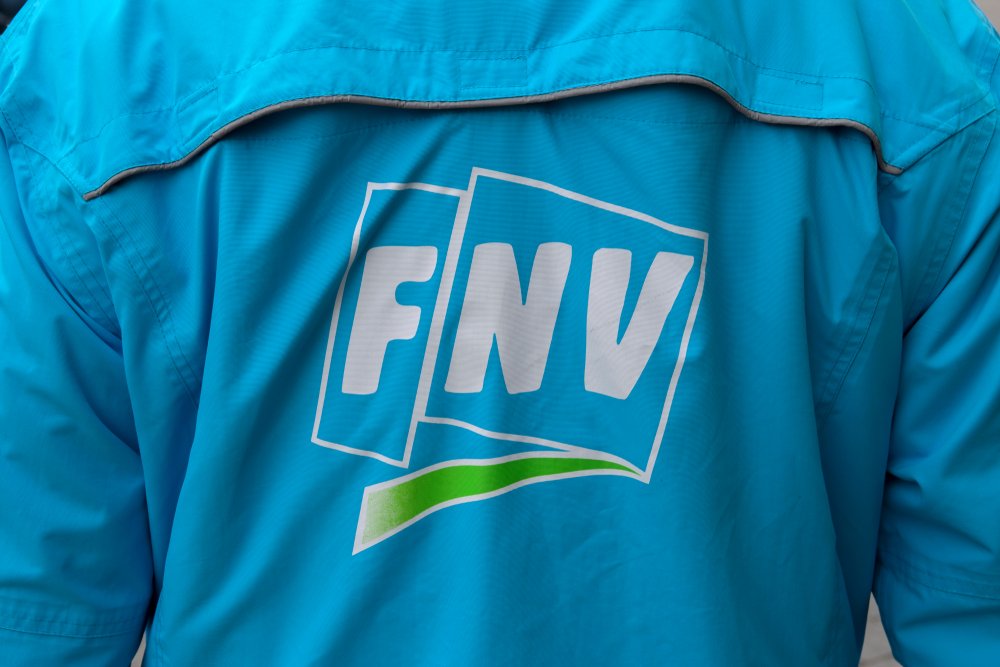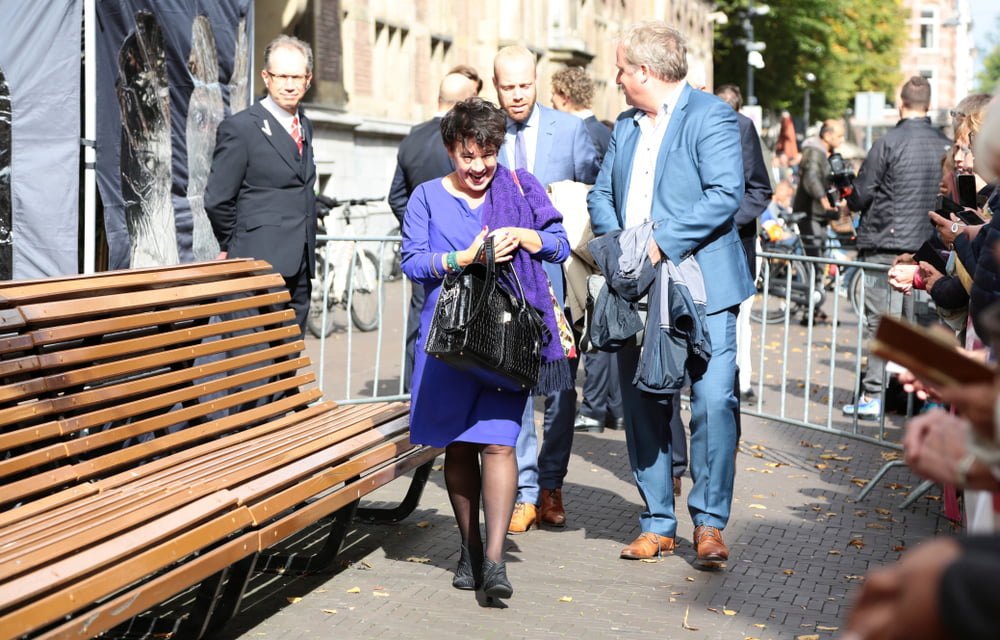The Amsterdam councilor for Traffic and Transport Sharon Dijksma will receive a Monday, June 29 white paper handed over Uber from the FNV. With this white paper, the union shows that the taxi market in Amsterdam has been ruined and that the drivers have been checked. The FNV appeals to the Amsterdam city councilor to make the taxi market in the capital healthy and fair again.
“Uber has ruined the taxi market, also in Amsterdam. After the corona crisis, we want a healthy taxi market with fair income and legal protection for all taxi drivers, ”said Amrit Sewgobind, director of the FNV.
drivers hardly earn minimum wages
According to press officer Yvette de Vries the white paper states the experiences of drivers, but it also becomes clear that the Uber drivers hardly earn the minimum wage even with working weeks of fifty hours and that they have an average gross 260 euros less than their fellow taxi drivers. This does not yet take into account the costs of disability insurance and pension. The FNV has calculated that the treasury will miss out on 20 to 40 million euros annually in tax revenues and social contributions through Uber's working method.
With the white paper on Uber, the FNV hopes to give Amsterdam councilors sufficient ammunition to denounce the regulations in the taxi industry to national politics.
covenant does not provide any improvement
Municipalities may impose additional rules, but only for the entry-level market and not for the order market in which Uber is active. In many municipalities, this has led to a taxi regulation and a TTO system (Taxi Authorized Enterprises). Amsterdam has also signed a covenant with Uber, but the FNV has not seen any improvement since the covenant was signed and believes that it is still Uber pulling the strings.
unambiguous regulations
FNV has been urging the Ministry of Transport, Public Works and Water Management to maintain a level playing field for some time. Now there are big differences in rules for the boarding market (street taxis) and the delivery app market where Uber is the predominant party, especially in the big cities.
"In the rest of the country, the problems may not be all that great, but in Amsterdam taxi drivers, including Uber's, are suffering greatly from the proliferation caused by the differences in regulations," said Sewgobind.
aggressive growth strategy
Companies like Uber take advantage of this and have an aggressive growth strategy. They are already active in other sectors and are expanding their activities throughout the Netherlands. And then it is a problem for the entire country and that is why we expect the minister to intervene. This will prevent taxi drivers from seeing their income continue to decline due to high competition and consumers will soon have to pay a lot more for a taxi because Uber controls the entire market. '
platform economy
The FNV has been fighting the sham constructions that platform companies have for some time now. These sham constructions lead to unfair competition with well-meaning companies, lower wages for workers and uncertainty about job security.
“We see platform companies that they all perform tricks on paper to get out of being an employer. In practice, they simply direct the people and the workers receive wages from the platform. Platforms can be cheaper because they avoid the collective labor agreement. That way, they don't pay premiums and pay less tax. Meanwhile, workers are worse off and have no safety net. This is painfully clear in this corona crisis. " Marije Ottervanger, FNV Campaign Leader Platform Economy.
Also read: Flemish metropolises are again flat on the stomach for Uber




